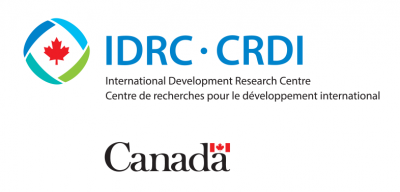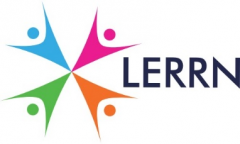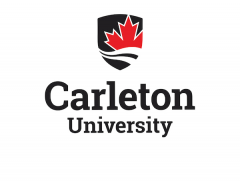Global Academic Interdisciplinary Network
GAIN is the first network co-organized by academics and UNHCR to promote academic engagement in the implementation of its four objectives through teaching, research and solidarity with forcibly displaced and stateless persons. By bringing together academics from around the world and policymakers and practitioners working with UNHCR, GAIN creates a unique hub for evidence-based policymaking, actionable research, as well as refugee inclusion in tertiary education and academic professions in countries of asylum.
LERRN’s project director and Associate Professor of Political Science at Carleton University, James Milner, has been appointed as co-chair of the Global Academic Interdisciplinary Network (GAIN) ─ a group of 213 university members from countries around the world formed from the Global Compact on Refugees. Through his initial three-year term as co-chair, Milner will work alongside Professor Liliana Lyra Jubilut, Universidade Católica de Santos, Brazil, to advance the international effort that higher education can take in response to the growing and complex topic of forced migration and displacement. They will facilitate research, training and scholarship opportunities in support of the objectives of the Global Compact.
One of Milner’s key priorities as GAIN co-chair is to support and promote the inclusion of refugees and other forced migrants as equal partners in all stages of the research process. Each of the priorities set by GAIN acknowledge that the perspectives and knowledge of individuals with lived experiences strengthen and legitimize the evidence-based solutions that contribute to transformative, lasting change and the vital role that universities play in identifying and creating the conditions that foster inclusivity.
IDRC Research Chairs Network on Forced Displacement
With most of the world’s research on forced displacement produced by institutions in the Global North, the twelve IDRC Research Chairs aim to localize and institutionalize research on forced displacement in the Global South by producing timely and innovative research on forced displacement in the regions and countries most affected by it, where forced migration is a major challenge deeply affecting society at all levels. The Chairs are based in Africa, the Middle East, Southeast Asia, and the Americas.
The Research Chairs produce research on forced migration that is tailored towards policy solutions, using an interdisciplinary, multi-sectoral and gender-transformative approach. The Chairs also mentor and supervise early career scholars, collaborate with impacted communities and refugee-led initiatives, support localized agenda-setting, amplify refugee voices, and advocate with policy stakeholders, ensuring a strong link between research and policy.
The IDRC Research Chairs Network on Forced Displacement supports the individual and collective activities of the IDRC Research Chairs, amplifying their work at the regional and global level, supporting collaborative and comparative research projects, and creating an inclusive and supportive research environment that is greater than the sum of its parts. The Network is supported by Carleton University and LERRN.



Refugee Advisory Network of Canada
The Refugee Advisory Network of Canada (RAN Canada) is an independent and nonpartisan group of refugee leaders selected from across Canada. Advisors bring the diverse perspectives of various communities and networks to the work of RAN Canada.
LERRN’s collaboration with RAN began on World Refugee Day 2020 with the announcement of RAN’s creation. This followed the results of a September 2019 policy dialogue co-hosted by LERRN and the Refugee Hub and involving a number of refugee leaders and civil society partners. LERRN believes that policy partners stand to benefit from the expertise offered by former refugees, whose ideas for solutions are rooted in their experience of the realities of forced displacement.
Per their mandate, RAN Canada works to promote the meaningful participation of refugees in Canada’s engagement with the international refugee system. RAN Canada advocates for, and strives to achieve, the meaningful inclusion of the perspectives, skills and knowledge of refugees in global policy and decision-making processes that affect the lives of refugees. RAN Canada works to bring the perspectives, skills and knowledge of refugees into public discourse, policy discussions, and wider discussions on refugees. RAN Canada actively advocates for the human rights of refugees, internally-displaced persons, stateless persons and others who have been forcibly displaced.